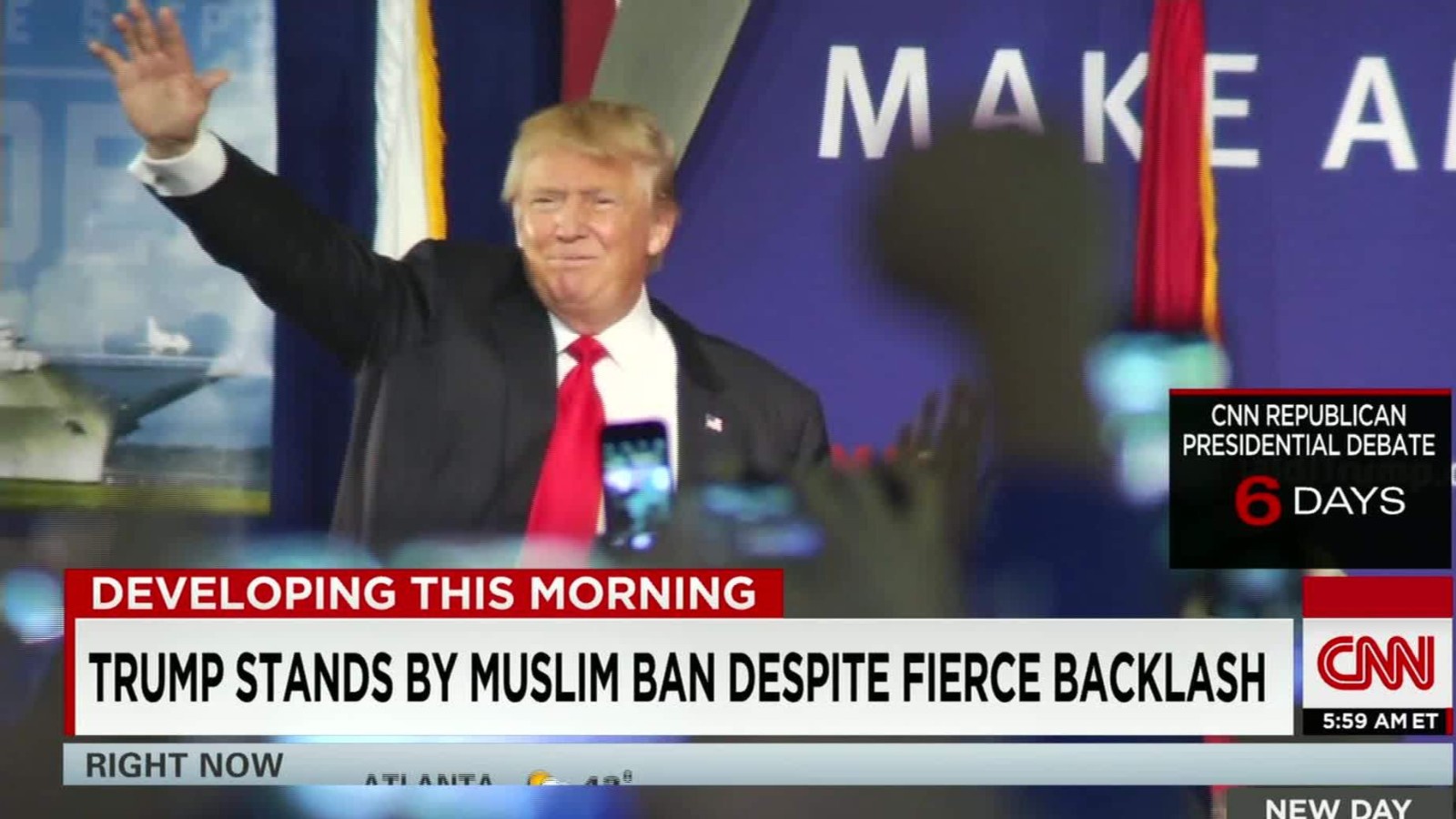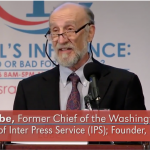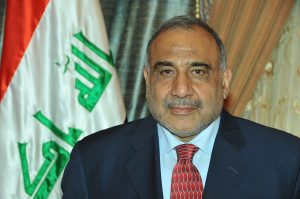by Jim Lobe
If a major new poll released Tuesday by the Brookings Institution is any indication, the Republican Party under its presumptive presidential nominee is indeed returning to its nativist roots of the 1930s, at least on the question of whether or not the United States should accept refugees from far-off and violence-torn regions.
No less than 43% of self-described Republican respondents said that they would “strongly oppose” the US taking in refugees “from the conflicts in Syria and other Middle Eastern countries after screening them for security risks.” Another 20% of Republican respondents said they “somewhat oppose” such an initiative, while only ten percent said they would “strongly support” Washington’s acceptance of refugees from the areas.
By contrast, 77% of Democrats and 66% of independents said that they would either “strongly” or “somewhat support” providing safe haven here to the same refugees.
Asked about whether the US should adopt Trump’s proposal for a “total shutdown of Muslims entering the United States until our country’s representatives can figure out what is going on,” 61% of all 1580 respondents disagreed, while 38% endorsed the idea. Among Republicans, however, the figures were virtually reversed: 61% said they endorsed the proposal, while 38% said they disagreed. Four out of five self-described Trump supporters said they agreed with their candidate, while an average of about 84% of Clinton and Sanders supporters disagreed.
The survey was conducted at the end of last month—that is, before the Orlando massacre reignited the refugee debate and Trump restated some of his more extreme positions on the question. It is perhaps the most comprehensive polling of U.S. attitudes toward Middle Eastern refugees to date. The principal investigator was Shibley Telhami, the Anwar Sad Cahir for Peace and Development at the University of Maryland and a long-time senior fellow at Brookings, which co-sponsored the project.
The poll found particular sharp divides between Republicans and Democrats and between Trump and Sanders/Clinton supporters. In addition, however, millennials (ages 18-34) were considerably more welcoming of refugees than older respondents. Similarly, more highly educated respondents and those respondents who personally were acquainted with Muslims were more open to accepting Middle Eastern refugees than less educated respondents or those with no history of relationships with Muslims.
Asked about what should be done with Syrian refugees who are in the United States now, no less than 36% of Republicans and 48% of Trump supporters said that they should be expelled from the country as opposed to being welcomed and helped to integrate into American society. More than 90% of Clinton and Sanders supporters took the latter position. (90% of Democrats and 74% independents agreed—as did, in fairness, 60% of Republicans.)
Asked how much of a role the U.S. invasion of Iraq played in the ongoing Syrian refugee crisis, 56% of all respondents said that the role was “significant,” while another 31% said that it played a “small” role. Two thirds of Democrats, however, characterized it as “significant” compared to a 44% plurality of Republicans and 42% of Trump supporters.
Although most of those respondents who strongly or somewhat opposed accepting Middle Eastern refugees cited fears of terrorism as the main reason for their position, they demonstrated considerable ignorance about the number of refugees in the US who have been arrested on terrorism-related charges since 9/11. Overall, only 14% had the correct answer: under five. (Actually, only three refugees have been arrested on terrorism charges in the last 15 years.) Eighty-four percent said that they believed it was more than five; and 28% said that they thought 100 or more. Older respondents and those who identified as Republicans were markedly more likely to assert the higher numbers.
Complete survey results in helpful graph form can be found here.





